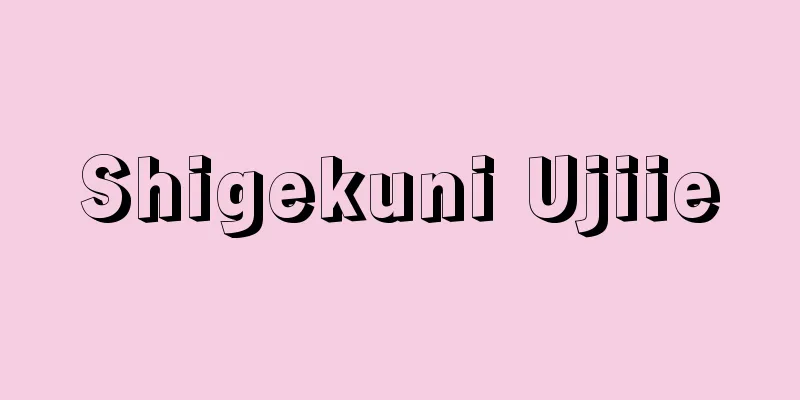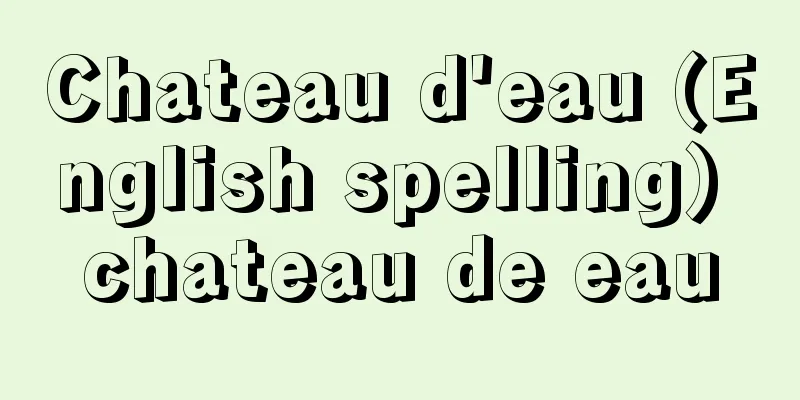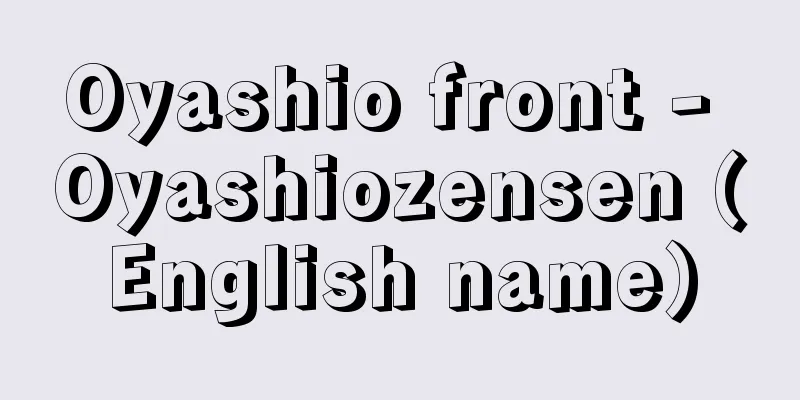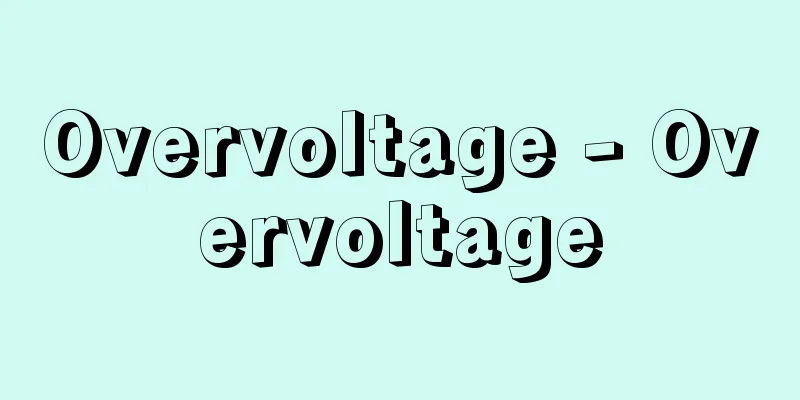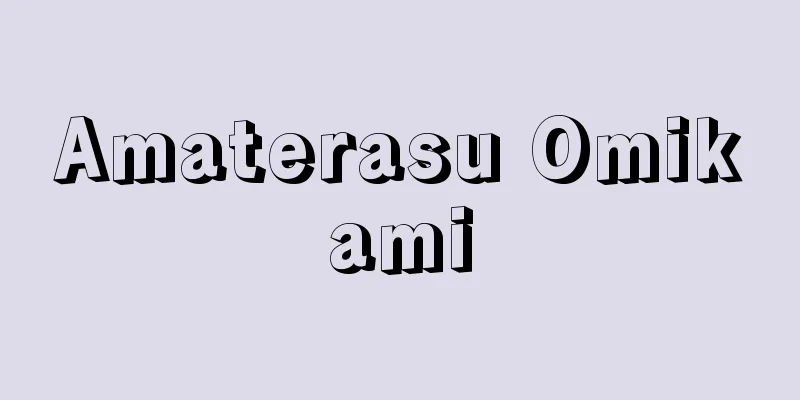ICI - I C I
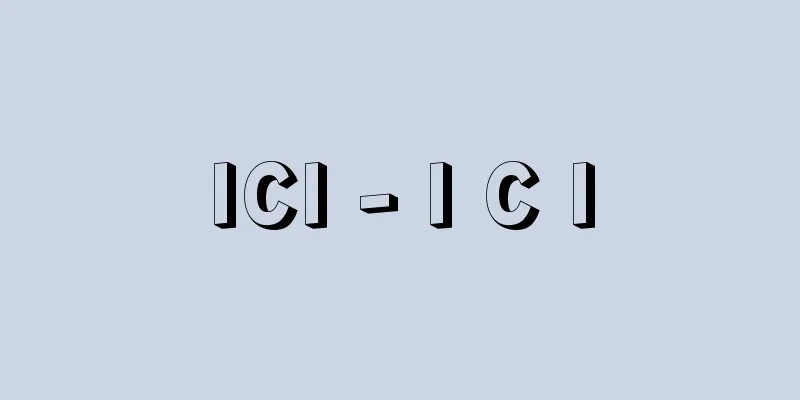
|
Abbreviation for Imperial Chemical Industries PLC, a world-leading diversified chemical company headquartered in London, England. Acquired by AkzoNobel in January 2008. ICI was established in 1926 with capital of 56.8 million pounds by merging four British chemical companies: Brunner, Mond & Co. Ltd., Nobel Industries Ltd., United Alkali Co. Ltd., and British Dyestuffs Corporation Ltd. The purpose of merging the four companies was to gain an advantage in the global market against Germany's E.G. Farben, which had been established the previous year, and the rapidly growing American company DuPont. Harry McGowan, president of Nobel, and Alfred Mond, president of Brunner, Mond & Co. Ltd., among others, advocated the need for the four companies to unite and protect the market from overseas manufacturers, and this led to the establishment of the merged ICI. Mond became the first president. The company's main product areas at the time of its founding were fertilizer, soda, dyes, and gunpowder. Later, in order to avoid competition, the company signed a global market division agreement with E.G. Farben and DuPont. As part of this, it famously signed a patent exchange agreement with DuPont in 1929. After World War II, especially from the 1950s onwards, international competition intensified and the company's business deteriorated. In the 1960s, under the leadership of President Paul Chambers, the company made large-scale capital investments in areas such as ammonia, petrochemicals and synthetic fibers, and pursued a diversification strategy while also actively expanding into overseas markets. However, this did not necessarily lead to an improvement in the company's profitability. President Eric Callard's business strategy for the 1970s was to improve productivity and expand into fine chemicals (small-volume, high-purity chemical products). The latter in particular was triggered by the acquisition of the US company Atlas Chemical in 1971. In 1991, Hanson Trust proposed a takeover for the company, and the company was forced to transform itself into a more profitable company. To this end, the company adopted a strategy of selection and concentration, and in 1993, it separated its biochemical businesses, including pharmaceuticals, agricultural chemicals, seeds, and biological products, and in the same year spun off the pharmaceutical company Zeneca Group (which merged with Sweden's Astra AG in 1999 to become AstraZeneca). In 1997, the company acquired the fine chemicals division of Unilever, a British-Dutch food and daily necessities manufacturer, for 4.9 billion pounds, strengthening its high-value-added specialty chemical products. At the same time, the company separated its basic chemicals division, which was vulnerable to economic fluctuations. As a result, the proportion of basic chemicals in the company's sales fell from 56% in 1993 to 25% in 1998. In the 1990s, ICI reconsidered its traditional diversification strategy, consolidating its business segments and pursuing a policy of placing emphasis on stock value. As of 1999, ICI's business was centered on specialty chemicals and paints, and the specialty chemicals division was supported by four companies it had acquired from Unilever: National Starch & Chemical, Quest, Unichema, and Crossfield. National Starch & Chemical manufactured adhesives, specialty synthetic polymers, and industrial starch, and had manufacturing bases in 36 countries around the world. Quest manufactured perfumes and food flavorings, Unichema manufactured chemical products made from natural oils, and Crossfield manufactured detergent ingredients and catalysts. In the paints division, ICI Paints, a subsidiary of ICI, was one of the world's leading producers of architectural and decorative paints and coatings for beverage and food cans. At the end of 1998, ICI had sales of £9,286 million and employed approximately 58,700 people. However, as a result of subsequent selection and concentration, sales had shrunk to 4.8 billion pounds and the number of employees to 29,000 in 2006. 50% of sales came from the paint division, and 87% of the employees were overseas. In Japan, the company established a subsidiary, ICI Japan, in 1976, and established other companies and research facilities, including Nippon NSC Co., Ltd. and Quest International Japan. In June 2007, ICI received a takeover proposal from AkzoNobel of the Netherlands, and after negotiations, the sale was finalized for GBP 8 billion (USD 16 billion). ICI became a subsidiary of AkzoNobel in January 2008, putting an end to its existence as an independent company. Although it was treated as a company immediately after the acquisition, it has now been completely absorbed by AkzoNobel and the ICI name has disappeared. [Takeshi Yuzawa and Takao Kamikawa] [References] | | | | |Source: Shogakukan Encyclopedia Nipponica About Encyclopedia Nipponica Information | Legend |
|
イギリス、ロンドンに本社を置いていた世界有数の総合化学会社、インペリアル・ケミカル・インダストリーズImperial Chemical Industries PLCの略称。2008年1月に買収され、アクゾノーベルの傘下に入った。 1926年、イギリスの化学会社ブラナー・モンドBrunner, Mond & Co. Ltd.、ノーベルNobel Industries Ltd.、ユナイテッド・アルカリUnited Alkali Co. Ltd.、ブリティッシュ・ダイスタッフBritish Dyestuffs Corporation Ltd.の4社を統合し、資本金5680万ポンドで創設された。4社統合の意図は、その前年に設立されたドイツのイー・ゲー・ファルベン社や急成長を続けるアメリカのデュポン社に対抗して、世界市場で優位にたつためであった。ノーベル社の社長ハリー・マガウアンやブラナー・モンド社の社長アルフレッド・モンドなどが大同団結して海外のメーカーから市場を守る必要を説き、4社統合ICIの設立にこぎつけたのである。初代社長には、モンドが就任した。 設立当初の主要製品分野は、肥料、ソーダ、染料、火薬であった。その後、競争の回避を目的として、イー・ゲー・ファルベンやデュポンとの間に世界市場分割協定を締結した。その一環として、1929年、デュポンと特許交換協定を交わしたことは有名である。 第二次世界大戦後、とくに1950年代以降、国際競争が激化し、経営は悪化した。1960年代に入ると社長ポール・チェンバーズのもとで、アンモニア、石油化学、合成繊維などの分野で大規模な設備投資を行い、多角化戦略を追求するとともに、海外市場にも積極的に進出した。しかし収益状態の改善にはかならずしもつながらなかった。社長エリック・カラードが展開した1970年代の経営戦略は、生産性の向上とファイン・ケミカル(少量、高純度の化学製品)への進出であった。とくに後者は、1971年アメリカのアトラス・ケミカルを買収したことがそのきっかけであった。 1991年にハンソン・トラスト社からの買収提案を機に、より高収益の企業体質に転換することが迫られた。そのため、選択と集中の戦略がとられ、1993年には製薬、農業化学、種子、生物製品など生化学分野の事業を分離し、また同年、薬品のゼネカ・グループを分社した(これは1999年にスウェーデンのアストラ社と合併してアストラゼネカとなった)。1997年にはイギリス、オランダ系食品・日用品メーカーであるユニリーバのファイン・ケミカル部門を49億ポンドで買収して、付加価値の高い特殊化学製品の強化を図った。同時に、景気変動の影響を受けやすい基礎化学品部門を切り離した。その結果、基礎化学品部門の売上げに占める比率は1993年には56%であったが、1998年には25%に低下した。 このように従来からの多角化戦略を見直して、1990年代には事業分野の整理統合を図り、株式価値重視の政策を追求するようになった。1999年時点のICIの事業は、特殊化学製品と塗料を柱としており、特殊化学製品部門を支えるのはユニリーバから買い取ったナショナル・スターチ・アンド・ケミカル社、クエスト社、ユニケマ社、クロスフィールド社の4社であった。ナショナル・スターチ・アンド・ケミカルは接着剤、特殊合成ポリマー、工業用デンプンなどを製造し、世界36か国に製造拠点をもち、クエストは香水や食用香料、ユニケマは天然油を原料とする化学製品、クロスフィールドは洗剤原料、触媒などを生産していた。塗料部門は傘下のICIペイント社が建築・装飾用塗料および飲料・食料用缶のコーティング材で世界屈指の生産量を誇っていた。1998年末の売上高は92億8600万ポンド、従業員数約5万8700人であった。しかし、その後の選択と集中の結果、2006年の売上高は48億ポンド、従業員数は2万9000人に縮小していた。売上げの50%がペイント部門、また従業員の87%が海外の人員であった。なお、日本には1976年(昭和51)に子会社ICIジャパンを創設し、日本エヌエスシー社、クエスト・インターナショナル・ジャパンなどの会社や研究施設を設立した。 2007年6月、ICIはオランダのアクゾノーベルからの買収提案を受け、交渉の結果、80億ポンド(160億ドル)での売却が成立。ICIは2008年1月をもって、アクゾノーベルの傘下に入り、独立企業としての存続に終止符を打つことになった。吸収直後は会社扱いであったが、現在ではアクゾノーベルに完全に吸収されており、ICIの名称は消滅した。 [湯沢 威・上川孝夫] [参照項目] | | | | |出典 小学館 日本大百科全書(ニッポニカ)日本大百科全書(ニッポニカ)について 情報 | 凡例 |
>>: Aizankei [Hot Springs] - Aizankei
Recommend
Methylamine
CH 5 N (31.06). CH 3 NH 2 . A primary amine. It i...
Barber
…The former is called a barber shop, a barbershop...
Senhime - Senhime
Year of death: 6th February 1666 (11th March 1666)...
Ryukyu Paper
Washi paper is produced on the main island of Okin...
STD - Salinity Temperature Depth Recorder
An instrument for simultaneously measuring the ver...
Wang Zhen (English spelling)
[raw]? [Died] 14th year of the Orthodox Era (1449)...
Flagler, H.
…The settlement was founded in the 1870s and beca...
Pursuit collateral - Tsuidattampo
This refers to the seller's liability to guar...
Bodoni, CG (English name) BodoniCG
…Meanwhile, in Florence, Italy, the center of the...
Touka
One of the ancient dances and songs introduced fr...
Podicipedidae
…A general term for birds in the Podicipedidae fa...
Desargues' theorem - Desargues' theorem
When a tetrahedron O-ABC, whose base triangle ABC...
Omnibus
〘noun〙 (omnibus)① A vehicle that many passengers r...
cost-plus pricing
… The basic pricing policies (see the section on ...
Kawagoe
In the Edo period, this system referred to a meth...
